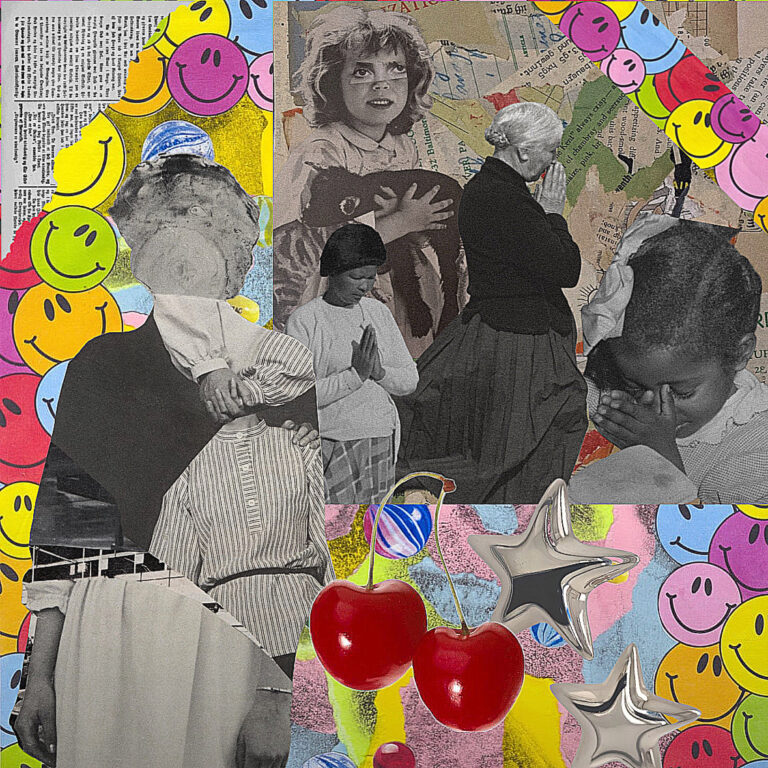
Grief, as we all know, is incredibly unpredictable. While it often hits hardest right after a loss, the healing journey can be filled with unexpected twists and turns. It’s akin to the ocean, with its waves crashing powerfully at times and barely rippling at others. This intense emotional struggle is the backdrop of Quavo’s latest album, Rocket Power, his first major work since “Only Built for Infinity Links”, a collaboration with his late Migos partner, Takeoff. Their creative bond, marked by deep familial ties, flourished under the name Unc & Phew. It seemed they were on a path to achieve even greater heights than they had as Migos. Then tragedy struck: Takeoff was shot, a victim of a bullet meant for Quavo. Meanwhile, tensions with the third member, Offset, led to public disputes, fracturing their once-unbreakable trio amid unbearable grief. With Rocket Power, Quavo channels this pain into a strong comeback. The album shines when he reflects on the loss of his nephew, exploring his past and contemplating his future. While it’s challenging to evaluate art through the lens of personal tragedy, it’s evident that Quavo’s most engaged moments arise from wrestling with the grief that has reshaped his life.

The album opens powerfully with “Fueled Up,” arguably one of Quavo’s finest solo tracks. The thunderous synths serve as both a foreboding signal and a call to energize. Quavo’s signature triplet flow gives the song a compelling internal rhythm, allowing him to dominate the melody and showcase his prowess as a stylist in rap.Throughout, he touches on personal matters, addressing both Offset and paying tribute to Takeoff. Lines like, “Livin’ like a rockstar but we miss one,” pay homage to his lost friend, while alluding to Offset’s revelation about their non-blood relation. Despite their tensions, Quavo emphasizes love and reconciliation, declaring, “It’s all love, yeah, it’s all love.” Yet, there are moments where Quavo seems to drift, reminding listeners of previous, less compelling projects like QUAVO HUNCHO. These instances stand out, especially when juxtaposed with tracks that honor Takeoff. This balancing act is sensitive; while it’s unreasonable to expect deep self-exploration from someone who has faced so much, Quavo’s introspective moments are genuinely moving. Some of the album’s strongest tracks reflect on his journey from humble beginnings to global stardom.
In “Mama Told Me,” he recalls his upbringing with vivid memories, saying, “When I got a step-daddy, me and Takeoff, shit, we was stealin’ his weed.” His voice carries a newfound intensity as he shares the lessons learned from his mother, imbuing the song with an urgency that’s rare for him. It’s these powerful moments that highlight the weaker tracks. Like many mainstream albums, this one could benefit from some trimming; it feels as if it contains leftover material that perhaps should have been saved for solo efforts or another Unc & Phew release. Despite this, Quavo delivers a record that, under such painful circumstances, seemed nearly impossible to create. He pays tribute to Takeoff while seeking a path forward. This is a burden no one should bear, yet Quavo navigates it with dignity. Even as he celebrates his successes, the weight of his fallen friend is ever-present in his thoughts.



